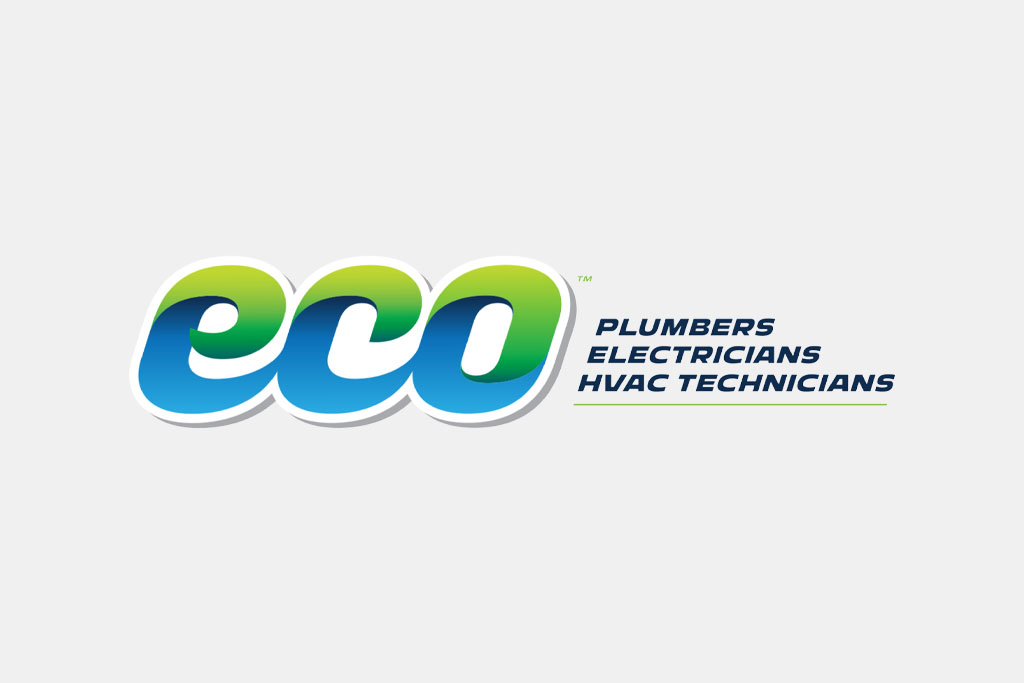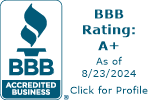Water bills can be pretty steep in some areas. During summers or holidays when water consumption peaks, you may dread looking at how much you owe on utilities. With a few tips, you can conserve water use through more efficient habits and products.
Use Sprinklers Wisely
Adjust your sprinkler system to run at night and less often. Daytime evaporation can require more frequent sprinkler periods. Some smart irrigation systems contain a thermostat that automatically schedules the sprinklers to operate during the most efficient times of the day.
You may also consider using shrubs or other ground covers that use less water. Mulch used around the base of plants can reduce evaporation as well as weed growth. Adjust your lawnmower height to keep grass longer. Grass shades the ground, diminishing evaporation.
Cover Pools
A lot of water evaporates from pools on sunny days. Pool covers can be solid or liquid, canvas or chemical. Liquid covers are poured into a pool, and the liquid rises to the surface to cover the entire area. Because these clear liquids reduce evaporation, they limit both water and heat loss, which also lowers your energy bill.
Check for pool leaks if you have an auto-filling device, as well.
Buy an Economical Showerhead
Showerheads should not be able to fill a one-gallon bucket in half a minute. If yours does, buy a more conserving showerhead. If your goal is to reduce expenses, figure out the cost-benefit analysis. Getting the most expensive showerhead may not pay for itself.
In addition to buying a new showerhead, time your showers to keep them under five minutes. Know that showers use less water than baths. Put a bucket under the faucet to collect water as it heats up. Reuse this water for houseplants, cleaning dishes, or other tasks. More ways to save money in the shower.
Household Habits
When you are washing dishes by hand, don’t let the water run continually. If you have two sinks, fill one with soapy water and the other with clean water. Wait until your dishwasher and washing machine are full before running them. Reuse your drinking glass to reduce the frequency of your dish cleaning. When doing laundry, don’t use excessive amounts of water.
Collect rainwater in barrels.
You may not want to drink it, but you can use it in the garden, on houseplants, or for washing outdoor items. For that matter, collect any water you use to rinse things. To clean your driveway, use a broom instead of a hose. Don’t defrost food with warm water. When washing your hands, turn the water off until you are done lathering.
New Purchases and Fixes
If you are already in the market for new appliances, consider ones that use less water. Check their ratings. If you already have appliances, consider the cost-benefit ratio and see if the expense of new appliances will make fiscal sense. You can check to see if your toilet leaks by putting food coloring in the tank. If it seeps into the bowl, you may be losing up to 7,000 gallons per year. Immediately fix leaking faucets instead of procrastinating.
Track Your Water Usage
Your lifestyle is unique and you may not be able to adjust in all the ways mentioned above. Whatever you try, check your water meter or bill regularly to see if your new efforts are working. Judge your cost-benefit ratio by figuring out the easiest habits that save the most money. If you spend time trying a new habit or device that only saves you a little water, you may be wasting your money.













